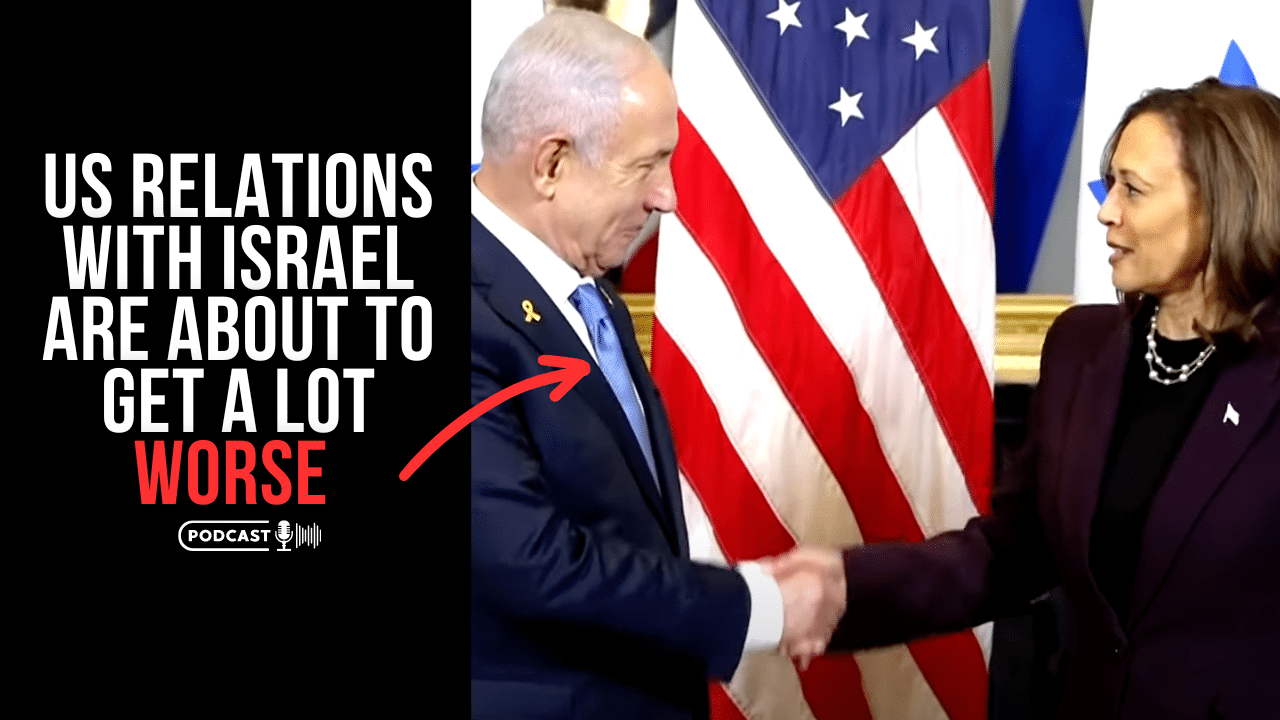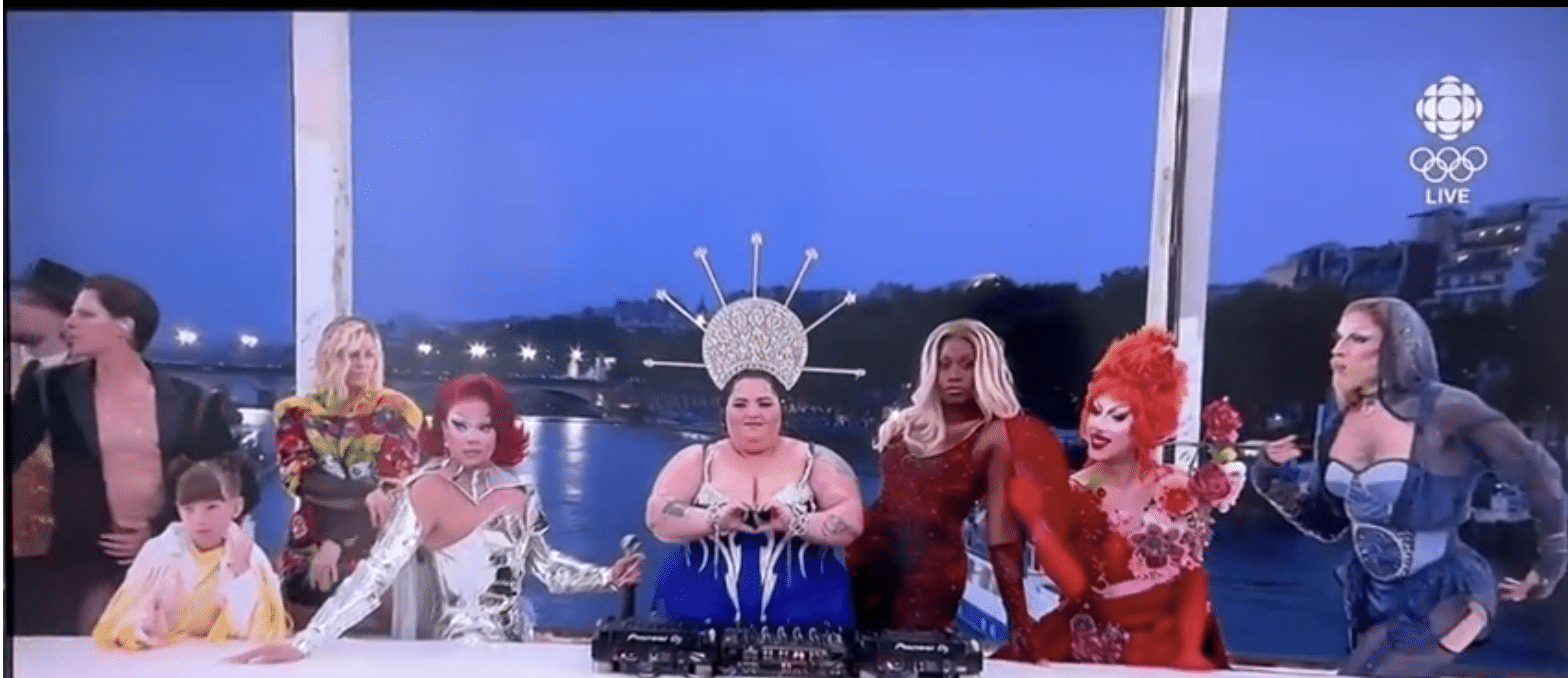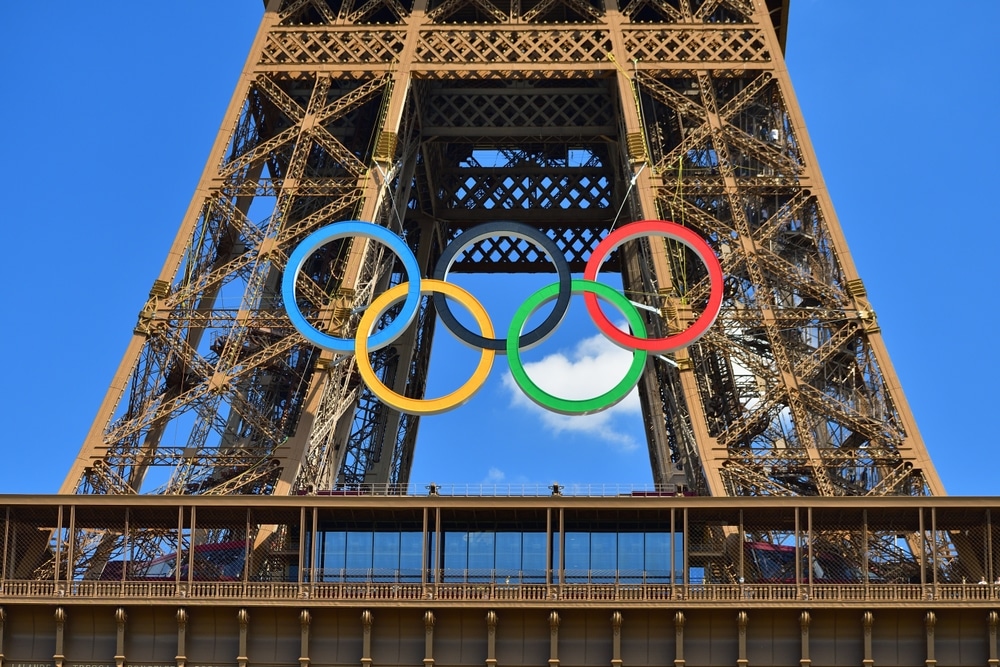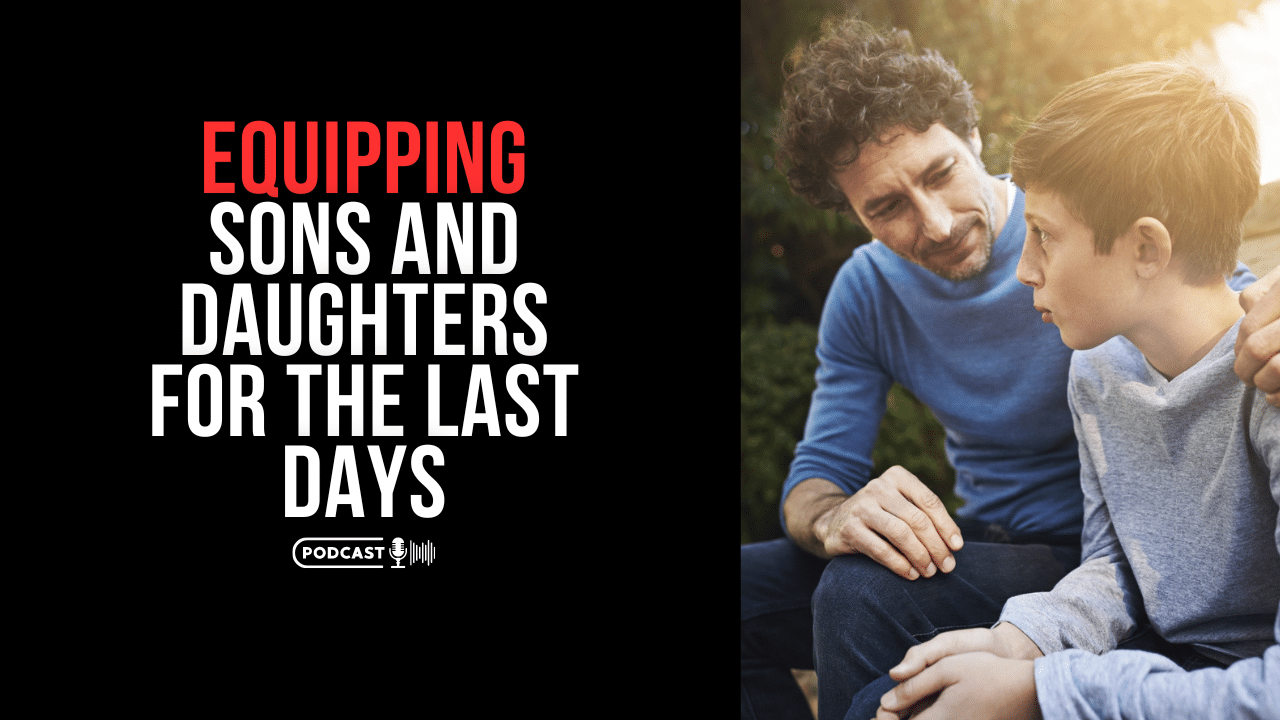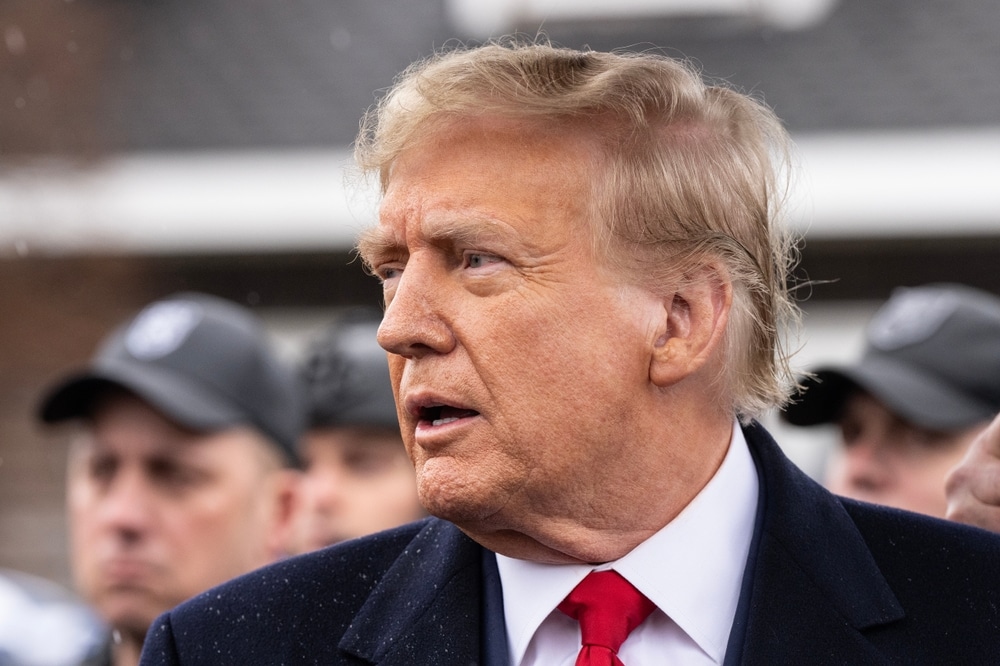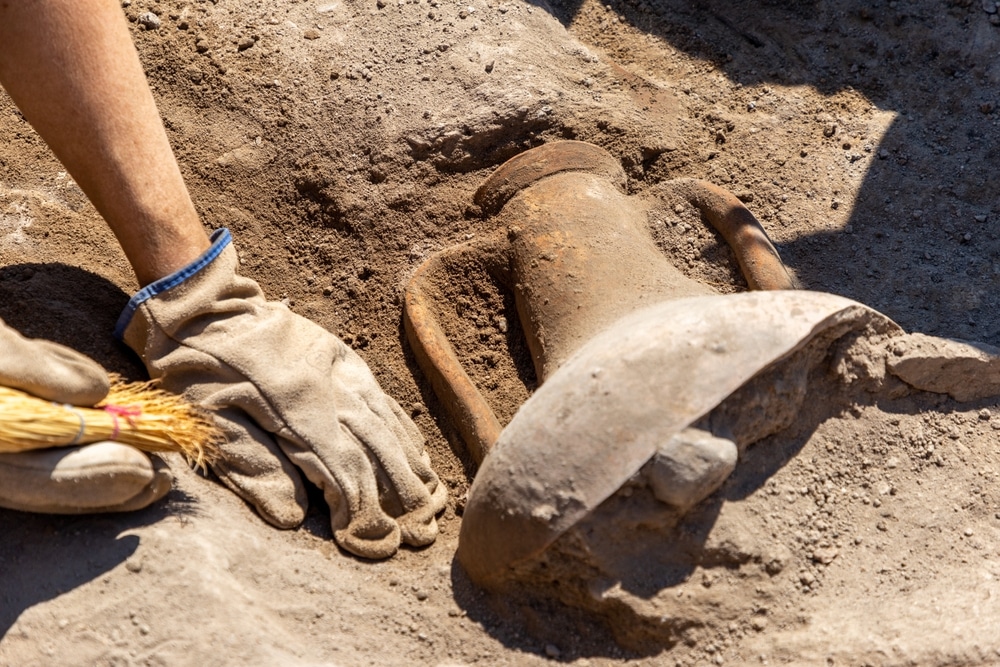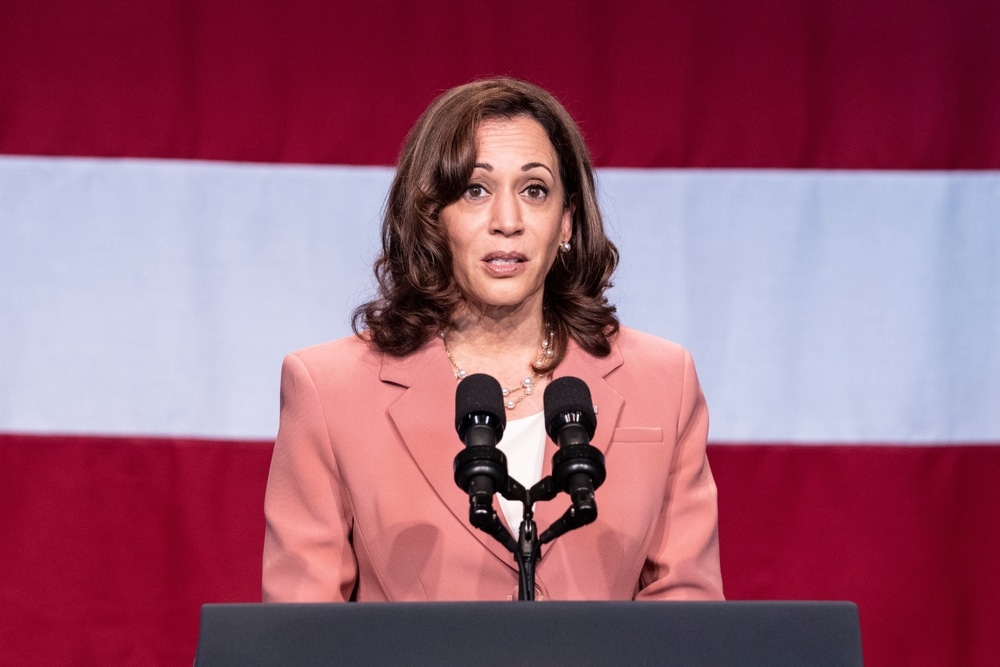The world was warned last night that it is facing a ‘human catastrophe’ as Vladimir Putin stokes a global famine. World Bank president David Malpass said the record rises in food costs triggered by Russia’s invasion of Ukraine could push hundreds of millions of people into malnutrition and poverty.
His warning came as Ireland accused Putin of using military tactics to engineer a worldwide food crisis on top of a massive wave of refugees and soaring energy costs. The war between Russia and Ukraine, which together export more than a quarter of the world’s wheat, has sent prices soaring.
The US-based World Bank, which provides loans and grants to low and middle-income countries for capital projects, calculates there will be a staggering 37 percent rise in food costs. It said the effect will be ‘magnified for the poor’ who will have to ‘eat less’ and will be left with little money for anything else.
In an interview with BBC economics editor Faisal Islam, Mr. Malpass, who leads the institution charged with global alleviation of poverty, said the impact on the poor made it “an unfair kind of crisis… that was true also of Covid”.
“It’s a human catastrophe, meaning nutrition goes down. But then it also becomes a political challenge for governments who can’t do anything about it, they didn’t cause it and they see the prices going up,” he said on the sidelines of the IMF-World Bank meetings in Washington. The price rises are broad and deep, he said: “It’s affecting food of all different kinds oils, grains, and then it gets into other crops, corn crops because they go up when wheat goes up”.
There was enough food in the world to feed everybody, he said, and global stockpiles are large by historical standards, but there will have to be a sharing or sales process to get the food to where it is needed. Mr. Malpass also discouraged countries from subsidizing production or capping prices.
Instead, he said, the focus needed to be on increasing supplies across the world of fertilizers and food, alongside targeted assistance for the very poorest people. The World Bank chief also warned of a knock-on “crisis within a crisis” arising from the inability of developing countries to service their large pandemic debts, amid rising food and energy prices.



